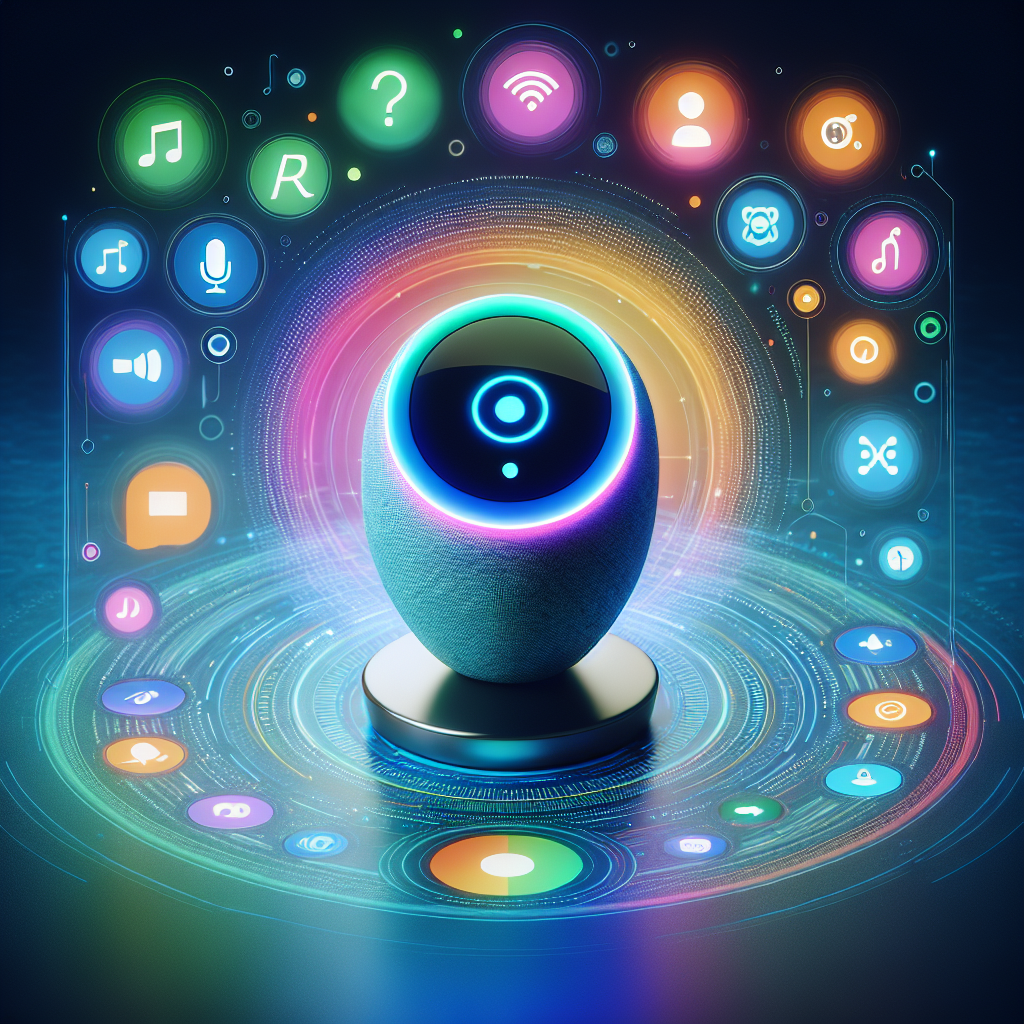In recent years, voice technology has quietly taken over many aspects of our daily lives. From talking to Siri and Alexa to searching on Google using voice commands, millions of people interact with machines just by speaking. In 2025, voice technology is smarter, faster, and more integrated than ever before. But where did this trend start? And where is it heading?
In this blog, let’s explore how voice technology works, how it’s impacting everyday life, and what exciting innovations are coming next.
What is Voice Technology?
Voice technology enables computers and smart devices to understand and respond to human speech. Instead of typing or touching a screen, you simply speak a command, and the device does the task.
Common Real-Life Examples:
- Saying “Hey Google, set an alarm for 7 AM.”
- Asking Alexa to play your favorite playlist.
- Using voice typing to send WhatsApp messages without touching the keyboard.
- Speaking to your smart TV to open Netflix.
- Giving voice commands while driving to get directions hands-free.
Why Voice Technology Became Popular
- Faster and Easier: Speaking is quicker than typing for many users.
- Hands-Free Convenience: You can speak commands while cooking, driving, or working.
- Accessibility: People with disabilities or elderly users can control devices without physical effort.
- Improved AI: Machine learning and natural language processing (NLP) have made voice assistants more accurate.
Voice Assistants in 2025: Smarter and More Useful
Popular voice assistants like Amazon Alexa, Google Assistant, Apple Siri, and Samsung Bixby have become essential tools in homes, cars, and even workplaces.
What People Use Voice Assistants For:
- Checking the weather: “Alexa, what’s the weather today?”
- Controlling smart home devices: Lights, fans, thermostats, and even coffee makers can be voice-controlled.
- Setting alarms and reminders
- Voice searching on Google
- Making hands-free calls
- Getting recipes while cooking
- Reading news updates aloud
Example:
Imagine you're cooking, and your hands are messy. You simply say:
“Hey Google, what’s the next step in my recipe?”
And your assistant reads it aloud without needing to touch anything.
Accessibility Benefits: Giving Everyone a Voice
Voice technology is transforming accessibility:
- Visually impaired users can get voice responses instead of reading text.
- Elderly people can operate smart devices easily using voice commands.
- People with physical disabilities can control home appliances, make calls, and even browse the internet using just their voice.
In simple words, voice tech is giving independence to many people who earlier needed help for basic tasks.
Voice in Businesses and Apps
Voice technology isn’t just for personal devices anymore:
- Voice bots in customer support: AI voice systems handle simple customer calls.
- Voice search optimization: Businesses optimize their websites to answer voice search queries.
- Voice-enabled apps: Many mobile apps now offer voice controls for navigation or search.
Example:
If you run a business, customers might now say:
“Hey Siri, find the nearest pizza shop” instead of typing into Google.
The Future of Voice Technology: What’s Next?
By 2025, voice technology has entered a new phase, and here’s what’s coming:
1. Emotion Detection
Voice assistants will recognize emotions based on tone. If you sound sad, your assistant might respond more gently.
2. Voice Biometrics for Security
Your voice will act like a password. Just speaking can unlock your phone or approve payments securely.
3. Multilingual Conversations
Switching between languages mid-conversation will become natural for voice assistants.
Example: You can say, “Play Hindi songs after this English track,” and your assistant will understand.
4. Personalized Responses
Assistants will adapt based on your habits, suggesting tasks or routines before you even ask.
5. Voice Everywhere
Expect voice assistants in hotels, hospitals, shopping malls, and public spaces. Your voice will control elevators, book tickets, or get directions in public places.
Conclusion
In 2025, voice technology is not just a convenience — it’s becoming the main way people interact with digital systems. Whether controlling your home, shopping online, or searching for information, your voice is now a powerful tool.
And the future? Even more natural conversations, better security, and AI that truly listens—not just to your words but to how you feel.
So next time you say “Hey Alexa” or “Hey Google,” remember—you’re part of the voice tech revolution!


Comments
Post a Comment